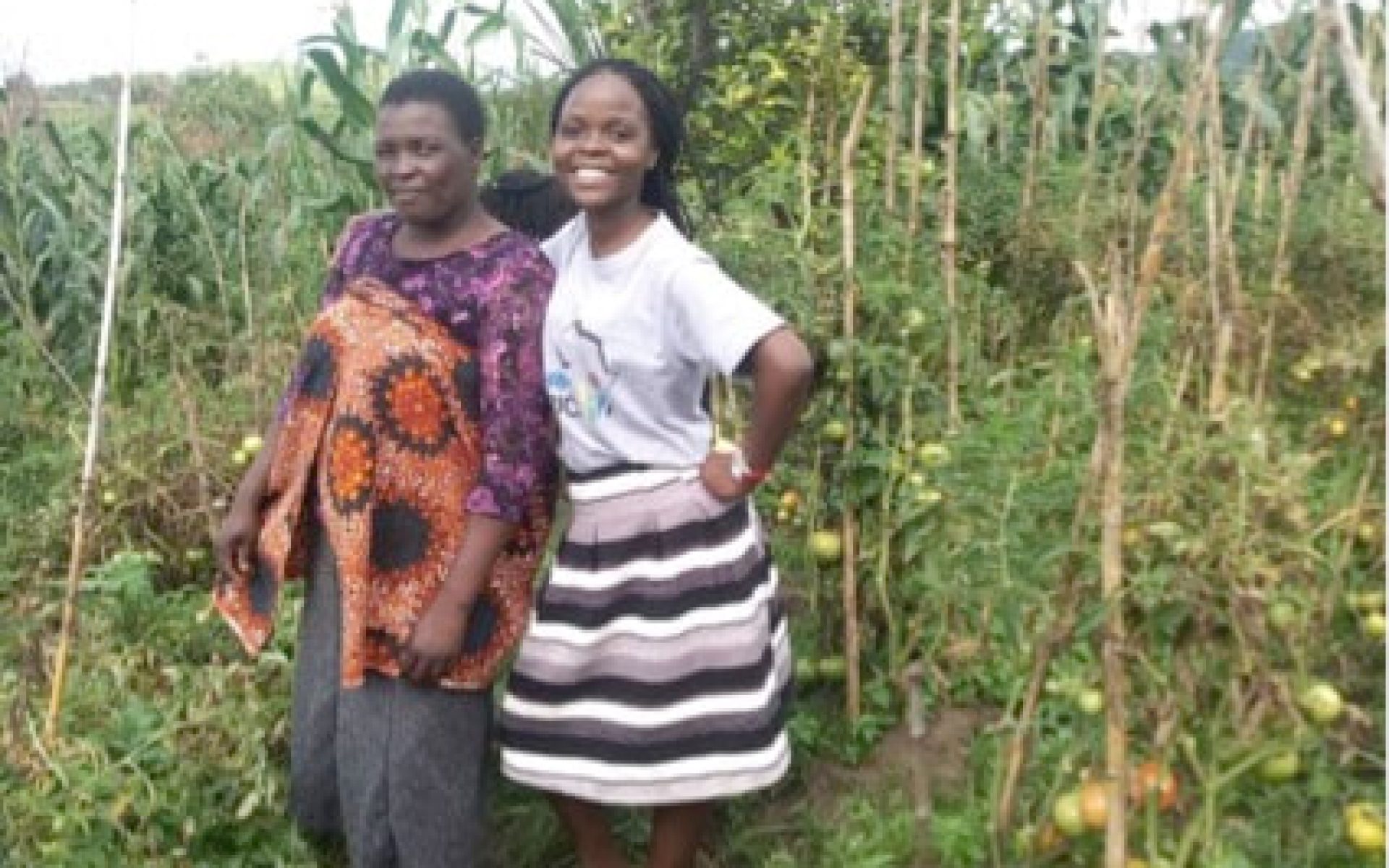Written by CorpsAfrica/Malawi Volunteer Ms. Mieke Mmeya
Have you ever heard people say that life in rural communities is easy? Or that people in rural communities are lazy? I have heard this countless times.
I am doing my Volunteer service in a community in the Dedza district (Malawi). Here you really get to witness how agriculture is the driving force of the economy as people sustain their livelihoods through it. I came into my community at a time when the country was experiencing a serious food shortage and honestly, I was worried about my host family being able to feed an extra mouth, and if I could be able to afford food once I become independent. To the contrary, the situation I met here was however different. A majority of the households I have visited are not on the verge of starvation. Here is why. Aside from rain-fed farming, many people practice irrigation farming. During the dry season, people cultivate a range of crops including Irish potatoes, maize, soya bean, tomatoes and beans in their gardens under irrigation. Produce from the irrigation farming sustains them during the period of food shortage and as they wait to harvest their rain-fed crops. They also sell part of the produce in order to improve their livelihoods. The beautiful thing about all of this is that those who do not have irrigation land are not at as big a disadvantage because they are also able to sustain themselves from other people’s produce through piecework. It is however, not as easy as it sounds. Every year there are things that threaten their crop production, including crop diseases, pests and unpredictable weather conditions. Last year, for example, uneven rainfall ruined the field crops. However, despite the challenges they persist and labor to be food secure and to improve their livelihoods.
So, dear reader, next time someone tells you that life in the rural community is easy and that people in rural communities are lazy, tell him or her that you have heard that people in rural communities work hard and tirelessly throughout the year to put food on their tables. Tell him or her that you have heard that people in rural communities are big time entrepreneurs, employers and risk takers.

